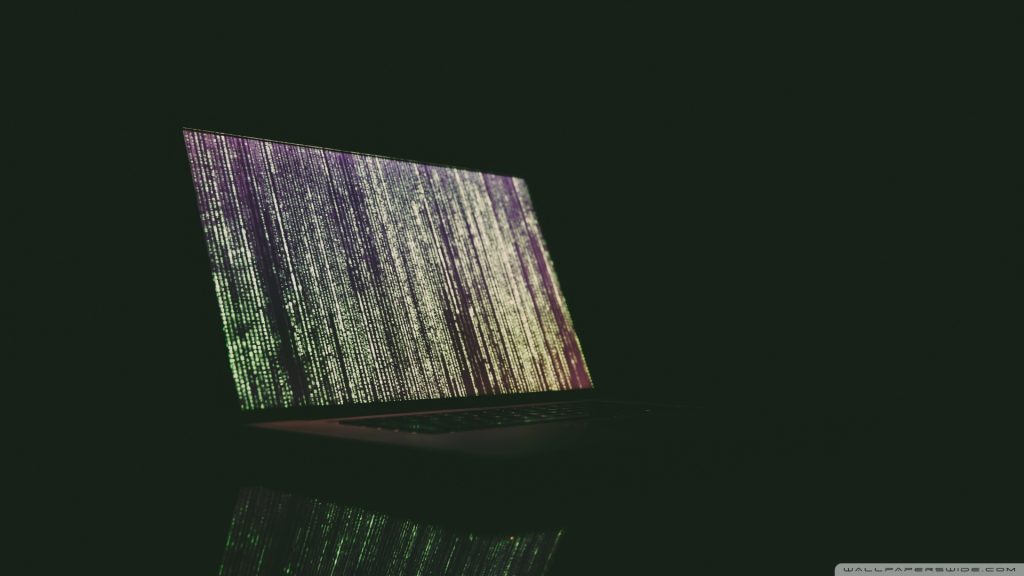Imagine the following landscape: You’ve just gotten home after a long day at work, and you decide to relax with a cup of tea. Your phone buzzes—it’s an alert from your bank, warning you about unusual activity on your account. You panic for a moment, open the app, and find that someone has drained your account and made unauthorized transactions. Your heart races, but something inside you tells you that there’s someone out there who can help prevent this kind of chaos.
That “someone” is a cybersecurity professional.
In a world where data breaches, identity theft, and cyberattacks are increasingly common, cybersecurity professionals are the invisible heroes working tirelessly to protect us from these threats. But who exactly are they, and what is their role? Whether you’re considering a career in cybersecurity or simply want to understand the efforts behind the scenes, this post will guide you through the essentials of what cybersecurity professionals do and why their work is more critical than ever.
A Real-Life Hacking Story: The 2014 Sony Pictures Hack
In 2014, Sony Pictures Entertainment was targeted by the hacker group Guardians of Peace, who used spear-phishing emails to gain access to the company’s network. Once inside, they deployed malware that stole sensitive data, including personal employee information, private emails, and unreleased films. The attack also wiped Sony’s servers, causing significant operational disruptions.
The hackers released confidential emails, leading to public embarrassment for Sony’s executives and exposing industry secrets. The breach also had geopolitical implications, with many suspecting the attack was retaliation for the release of the movie “The Interview”, which mocked North Korea’s regime.
Cybersecurity professionals worked to contain the attack, recover data, and identify the breach’s origins. The Sony hack showcased the severe consequences of cyberattacks and highlighted the critical role cybersecurity experts play in protecting organizations from such threats.
What Does a Cybersecurity Professional Do?
Cybersecurity professionals wear many hats, each one critical to protecting information, systems, and networks. Let’s break down their roles and responsibilities:
1. Monitoring and Detecting Threats
Cybersecurity professionals are often on the frontlines of defense. They monitor network traffic, system logs, and applications for signs of suspicious activity. Tools like intrusion detection systems (IDS) and Security Information and Event Management (SIEM) platforms help them track down potential threats in real-time. Their job is to be one step ahead of cybercriminals—always vigilant, always ready.
2. Incident Response and Recovery
When a cyberattack happens, it’s up to the cybersecurity team to respond quickly and efficiently. Whether it’s a ransomware attack, data breach, or denial-of-service assault, these professionals use their expertise to contain the damage, neutralize the threat, and restore affected systems. Their ability to act swiftly can be the difference between a minor incident and a full-blown catastrophe.
3. Risk Management and Vulnerability Assessments
No system is perfect, and vulnerabilities are always lurking. Cybersecurity professionals constantly conduct vulnerability assessments to identify potential weaknesses in an organization’s infrastructure. They use techniques like penetration testing (ethical hacking) to probe for flaws and address them before cybercriminals can exploit them. By assessing risk, they help minimize potential damage and keep systems secure.
4. Securing Networks and Systems
Network security is one of the cornerstones of cybersecurity. Professionals design and implement measures to secure an organization’s network infrastructure, including firewalls, virtual private networks (VPNs), and encryption. They also ensure that systems are regularly patched and updated to fix any known security flaws.
5. Educating and Training Staff
Cybersecurity professionals don’t just focus on technology—they also educate people. They train employees on how to recognize phishing emails, practice good password hygiene, and follow safe browsing habits. After all, human error is one of the weakest links in the cybersecurity chain. By fostering a security-conscious culture, cybersecurity professionals help reduce the risk of successful attacks.
Skills and Traits of a Cybersecurity Professional
The role of a cybersecurity professional requires a unique combination of technical and soft skills. Here are some key attributes:
- Technical Proficiency: A deep understanding of networking, operating systems, and security protocols is crucial. Cybersecurity professionals must know how to work with firewalls, intrusion detection systems, encryption tools, and more.
- Problem-Solving Ability: Cybersecurity is a constant game of cat-and-mouse. Professionals must be able to think critically and solve complex problems in real-time.
- Attention to Detail: Cybersecurity professionals must be able to spot the smallest anomaly or piece of suspicious behavior—because in cybersecurity, every detail matters.
- Adaptability and Curiosity: The cybersecurity landscape is ever-evolving. Cybersecurity professionals must be adaptable, staying up-to-date with the latest threats, tools, and techniques.
- Communication Skills: They need to communicate security risks and mitigation strategies clearly to non-technical staff and leadership.
How Can You Become a Cybersecurity Professional?
If the idea of becoming a cybersecurity professional excites you, you’re in the right place! Here are a few steps to get started:
- Start with the Basics: Learn about networks, operating systems, and security fundamentals. There are plenty of online resources, courses, and certifications (like CompTIA Security+ and Certified Ethical Hacker (CEH)) to help you get started.
- Get Hands-On Experience: Try building a home lab, setting up your own network, and using virtual machines to simulate attacks and defenses. Platforms like TryHackMe and Hack The Box offer interactive challenges for beginners.
- Stay Updated: The cyber world moves fast, and staying informed about the latest trends, vulnerabilities, and threats is key. Follow blogs, attend webinars, and participate in cybersecurity communities.
- Specialize: As you progress, you may choose to specialize in areas like penetration testing, incident response, or network security. The possibilities are vast, and your career path can evolve as you gain experience.
The Vital Role of Cybersecurity Professionals
Cybersecurity professionals are the unsung heroes of our digital world. They are the ones who defend us from hackers, safeguard our data, and ensure that our online lives are as secure as possible. The role of a cybersecurity professional is crucial now more than ever, as cyber threats continue to grow in sophistication and scale.
If you’re considering a career in this field, remember that you are embarking on a journey of constant learning and adaptation. You’ll not only be protecting systems, networks, and data—you’ll be contributing to the safety and security of the digital world. The fight against cybercrime is ongoing, but with skilled professionals in the field, we can ensure that the digital age remains secure for all.
So, are you ready to join the ranks of the digital defenders?
The world of cybersecurity awaits, and there’s never been a better time to start!


